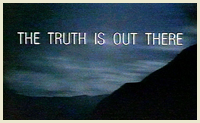
If I were a blank slate, with respect to knowledge, what would be the first truth I encountered? Descartes believed, for example, that an individual cannot doubt their ability to doubt. For Descartes, this necessitated that thinking was the chief constituent to a universal truth. This line of reasoning requires us to accept the fact (through deduction) that the mind is the highest plane of existence.
Ever since Descartes blasphemous words, there has been a war between our minds and our bodies – the physical and the metaphysical. This war prevents us from exercising our will-to-decision; because like war, there are always two sides, and therefore, any will-to-decision must always be both right and wrong. Untimely, this would place us in an infinite regression of indecision.
However, what Descartes failed to see (and most of western philosophy for that matter), was that doubt must first exist before it can manifest itself – that the ability to doubt can hardly exist without a doubter. What we still fail to realize is that at some point we were told that truth had to wear certain clothes; that it had to look a certain way. We have been told that truth must be readily identifiable. However, are we not fooling ourselves into thinking this way? Might we put it yet another way? Is it possible that to identify something, is only a partial way to achieve the truth of thing we are identifying?
We live in a culture predicated upon the aforementioned worldview. Identity necessitates definition, and as such, requires a proposition to be either true or false. This leads us to the question: what is truth? The problem with answering such a question is that its answer lies in its linguistic usage. But, what if a particular culture is using the term incorrectly? Should not the definition point out what something is in se (in within itself)?
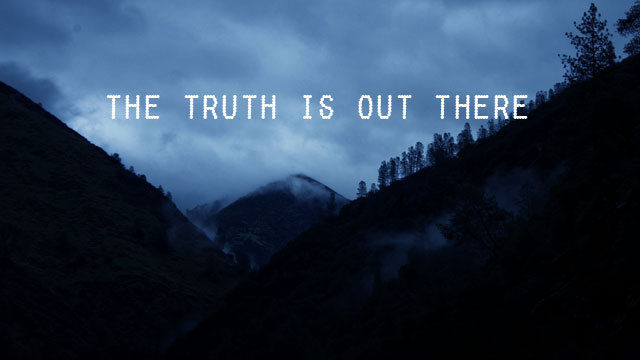



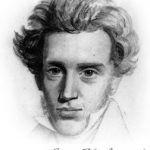
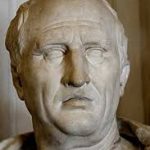
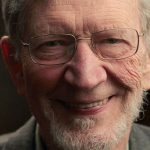
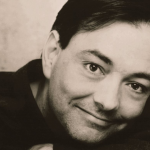
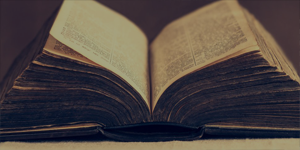

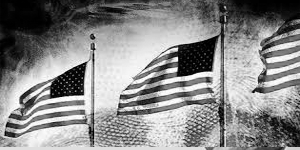
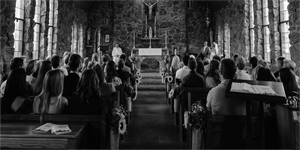

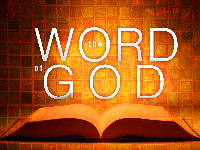

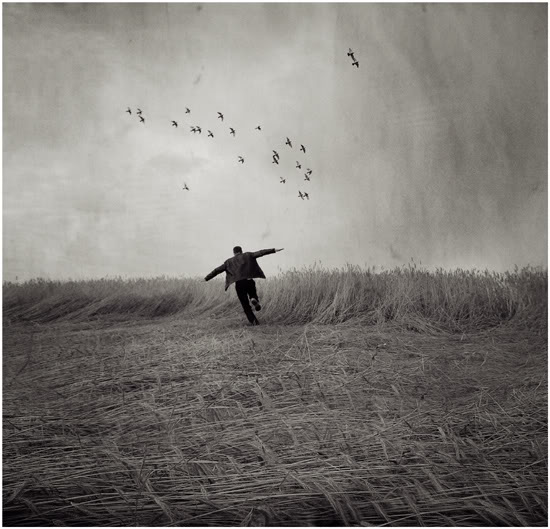

charlesburchfield
March 10, 2015The quakers I used to rip & run w/ were fond of saying “there is that of god in everone”. I have taken this to mean that that, whatever it(that of god) is, ultimately, universally belongs to god, goes back to god when we scrape off every shred of identity as in when we die socially, mentally, intellectually and physically. Not an easy thing to disconnect prematurley fr all worldly associations! As an addict in recovery I know that death first hand to a loss of hope for “normal” relationships w family and community in general. a second death is the one to the loss of identity as an addict w character flaws and syndromes and patterns of repeating the trauma and the drama of having an addictive personality. Who can deliver me from being a being in such a hostage situation as this world makes and takes humanity?